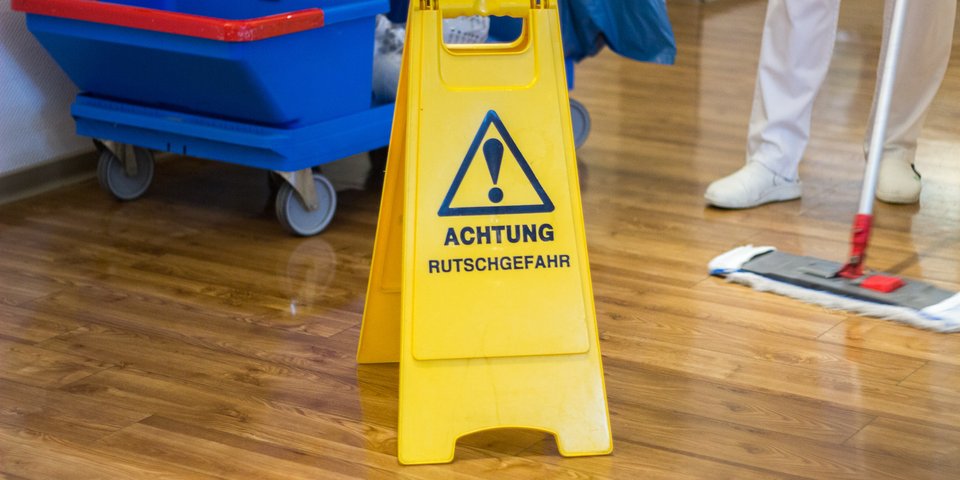 Sir_Oliver - Fotolia
Sir_Oliver - FotoliaStudy sheds light on undeclared work in Europe
The European Commission has published a study on the scale of undeclared work in Europe.
KL – 03/2018
The authors concluded that on average 11.6% of total labour input in the private sector in the EU is undeclared work. The baseline figures for the study came from Eurostat estimates for all Member States (except Malta) for 2013.
What’s the situation in Germany?
According to the study, less than 7.1% of total labour input in Germany’s private sector is undeclared. Thus, Germany ranks far below the average and, together with the United Kingdom and the Netherlands, has the lowest share of undeclared work in comparison to the other Member States.
What is classified as undeclared work in the European Union?
In the EU, undeclared work is defined as ‘any paid activities that are lawful as regards their nature, but are not declared to the public authorities, taking into account the differences in the regulatory systems of the Member States’. Undeclared work can take several forms and it often refers to undeclared partially declared jobs carried out in companies, but it also includes cash-in-hand work done by self-employed persons.
What else does the study reveal?
The authors of the study state that undeclared work as a percentage of the total labour input differs considerably across Member States when referring to different forms of employment such as employment relationship, self-employment and family work. In Germany, undeclared work is mainly carried out through self-employment, whereas in Europe it is most often conducted in the context of an employment relationship.
